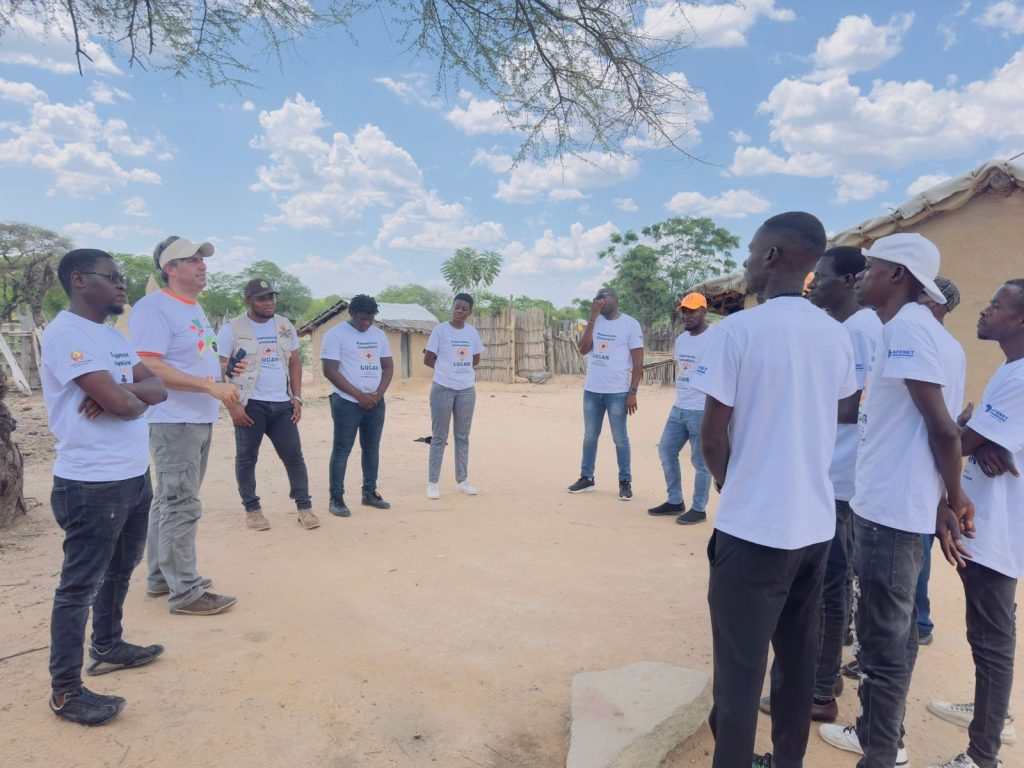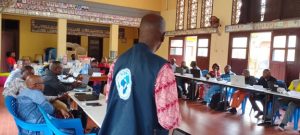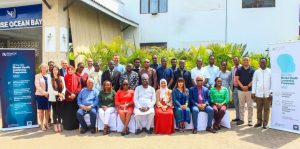Implementation of a Collaborative Mapping to Improve Polio Vaccination Coverage in Mozambique: A Community Engagement Approach
-
by
AFENET

Ensuring effective and comprehensive vaccination coverage in Mozambique remains a significant challenge, primarily due to persistent geographical and social barriers that hinder access to immunization. These obstacles underscore the need for innovative strategies to enhance vaccination monitoring and expand access, particularly in remote and underserved areas.
A Collaborative Effort to Overcome Barriers
To address these challenges, a collaborative mapping project was initiated through a partnership involving the Tete Province Health Services/Mozambique Ministry of Health, Centers for Disease Control and Prevention, Universidade Federal do Oeste da Bahia/Brazil, and AFENET. The project aims to engage healthcare professionals and community health workers (CHWs) in monitoring and improving vaccination coverage for children, with a focus on Tete City and the Moatize district. The key innovation lies in using Geographic Information Systems (GIS) to enhance data collection and analysis, identifying areas where there are suspected cases with zero vaccination doses or incomplete polio vaccination schemes.
Building Capacity through Training and Field Activities
The project commenced with a series of training workshops held in Tete City from December 9–20, 2024. Facilitated by experts from the Universidade Federal do Oeste da Bahia, with support from five AFENET consultants and the AFENET Mozambique office, the training aimed to equip 38 CHWs (18 from Tete and 20 from Moatize) with essential mapping and data collection skills. During field activities, participants visited households to assess children’s vaccination status, using geolocation techniques and vaccination card information to ensure accurate documentation. In Tete, CHWs visited 100 households, while in Moatize, the Chiodzi Cunja district was identified as a critical area, with many children at risk of under-vaccination.
Strengthening Local Capacity for Sustainable Outcomes
The successful implementation of this project was made possible through logistical support from the AFENET office and local staff, who were instrumental in budget reviews and ensuring compliance with Mozambique government guidelines. This initiative has empowered local health professionals and CHWs to play a proactive role in vaccination efforts, significantly contributing to the broader goal of polio eradication.
By leveraging community engagement and innovative mapping technologies, this project not only improves vaccination coverage but also builds local capacity, setting a model for future public health initiatives. The continued support from AFENET’s in-country staff and the FETP Mozambique program further ensures the sustainability of these efforts.



